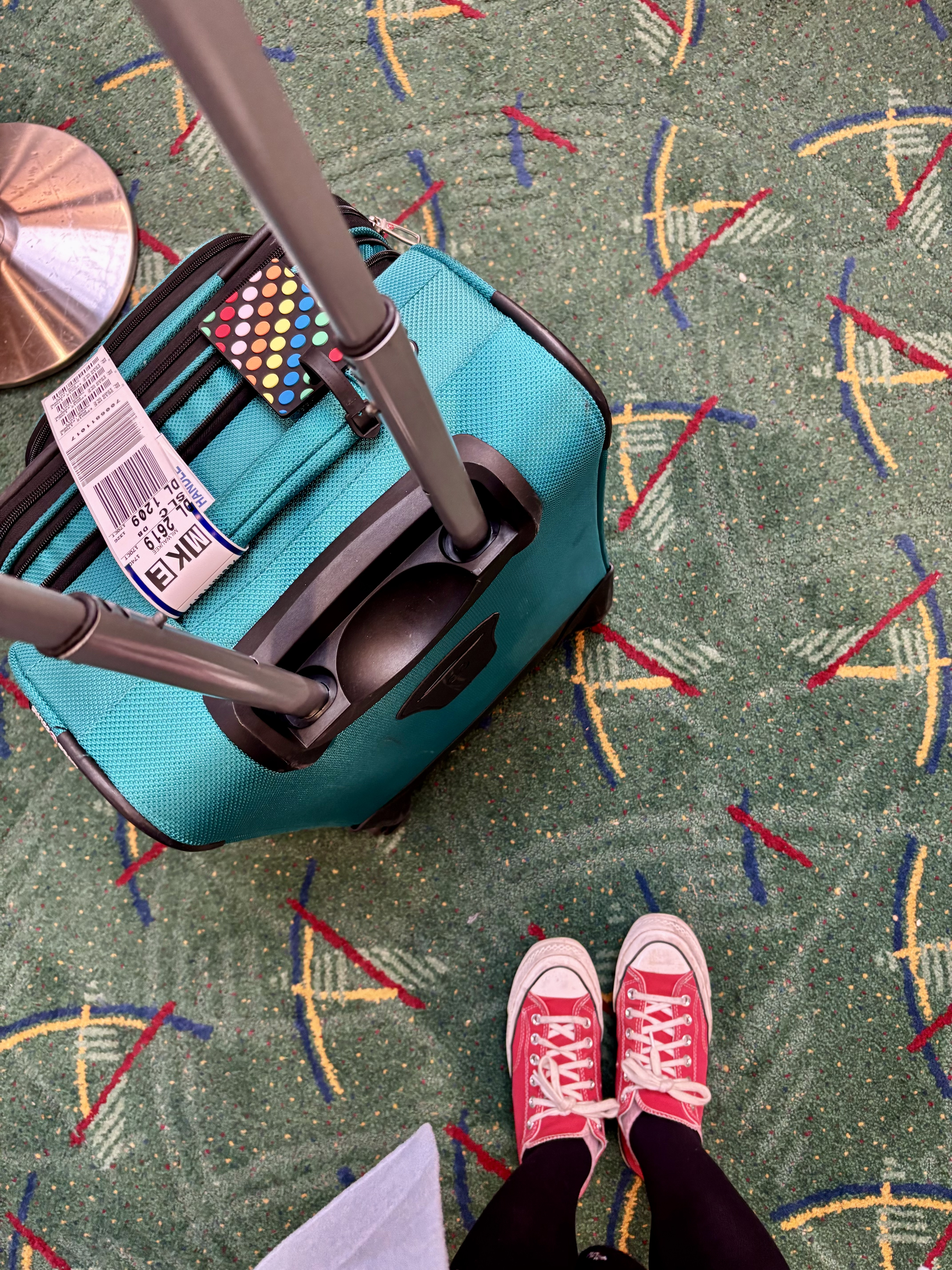A necessary (but fun!) introduction and such: I’m a newly tenured Associate Professor in the School of Information Studies at the University of Wisconsin-Milwaukee. My research interests include neurodiversity, madness, disability, accessibility, empathy, information work, the library as both a community space and an institution. I also have expertise on cyberbullying and face-to-face bullying.
I received my PhD in Information Science from the School of Information at Florida State University Spring 2016. Before I started my journey towards a PhD, I served as a public librarian in a small, rural library system in Southwest Georgia. After finished up my PhD program, I held a Postdoctoral Fellowship in Utah State University’s Department of Instructional Technology and Learning Sciences. I took part in an IMLS grant funded project focusing on developing training for small, rural public and school library workers maker, building welcoming space for creativity, and sharing just how many forms “making” can take.
A native of Southwest Georgia, I grew up in a small, rural town which (honestly) few have heard of. I usually reference my hometown’s distance from Atlanta (drive approximately three hours south) to give some idea where Leesburg can be found. I received my BA in anthropology and history from the University of Georgia in 2006. In 2008, I completed my Masters in Library and Information Studies at Florida State University, with a concentration in children and youth services. After serving as a public librarian for four years, I returned to Florida State to pursue a PhD in Information Science. Somewhere along the way, I completed a Specialist degree in Information Studies, focusing on leadership and management.
In my free time, I am an avid reader of a diverse range of genres. These include Southern Gothic, social and culturally inclined non-fiction, curious and offbeat memoirs. I also enjoy poetry, young adult literature, and speculative fiction. Outside of books, I’m an eclectic music nerd (Tacocat, Sierra Farrell, Kimya Dawson, Charlie Parr, the Mountain Goats, Brandi Carlile, The Beaches, and …….), craft beer fan, year round iced coffee drinker, and enthusiast of (almost) anything pickled.
